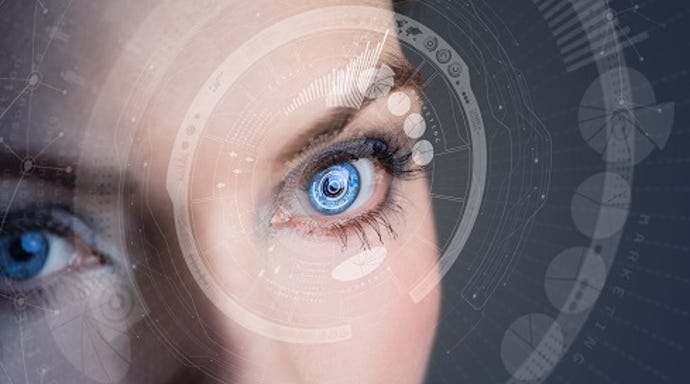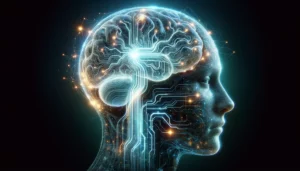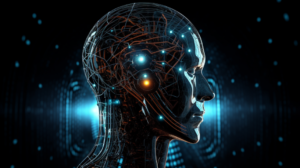Facial recognition technology, powered by artificial intelligence, has become a topic of great controversy due to its potential benefits and pitfalls. One incident that has captured the public’s attention is the wrongful arrest of Porcha Woodruff, an eight-month-pregnant woman. Woodruff’s arrest was based on a facial recognition match that mistakenly identified her as a suspect, despite having access to more recent and accurate photos. This case highlights the implications of AI misidentification and the need for reform in facial recognition systems to ensure accuracy and fairness.
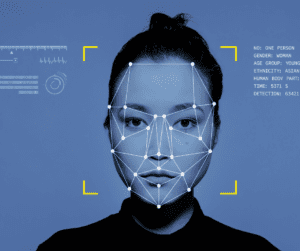
The incident of Wrongful Arrest
The Arrest Based on Facial Recognition
Facial recognition technology has become increasingly prevalent in various sectors, including law enforcement. It utilizes artificial intelligence algorithms to identify individuals based on their facial features. However, this technology is not infallible, as demonstrated by the incident of Porcha Woodruff’s wrongful arrest.
Woodruff, a mother of three from Detroit, experienced a terrifying ordeal when six police officers surrounded her home one morning. She was accused of robbery and carjacking based on a facial recognition match. The system had mistakenly identified Woodruff as a suspect using an outdated mug shot from 2015, despite having access to a more recent photo from her driver’s license.
Emotional Toll on Porcha Woodruff
The arrest had a profound emotional impact on Woodruff. Being handcuffed in front of her children and taken into custody was traumatizing enough, but the fact that she had to instruct her children to inform her fiancé of her arrest added to her distress. Woodruff was subjected to hours of questioning, during which the inconsistencies in the case became evident. This wrongful arrest left a lasting emotional toll on Woodruff and her family.
Concerns about Reliability and Biases
Other Wrongful Arrests in Detroit
Porcha Woodruff’s case is not an isolated incident in Detroit. The city has seen other instances of wrongful arrests due to misidentification by facial recognition technology. Robert Williams and Michael Oliver, both Black men, faced similar situations where they were wrongfully accused based on flawed facial recognition matches. These cases raise significant concerns about the reliability and biases inherent in facial recognition technology.
Studies Highlighting the Flaws
Numerous studies have shed light on the flaws and biases of AI-powered facial recognition systems. A study conducted by the U.S. National Institute of Standards and Technology found that African American and Asian faces were up to 100 times more likely to be misidentified than White faces. This alarming discrepancy highlights the need for further examination of the technology and the potential biases that may exist within its algorithms.
Implications and the Need for Reform
Infringement on Individual Rights
Wrongful arrests resulting from facial recognition misidentifications infringe upon an individual’s rights and can have severe consequences. Innocent individuals are subjected to unnecessary arrests, interrogations, and potential damage to their reputation and livelihood. Such infringements undermine the fundamental principles of justice and fairness.
Erosion of Public Trust
Instances of wrongful arrests erode public trust in both law enforcement and technology. When innocent individuals are wrongfully accused, it undermines confidence in the justice system and the abilities of facial recognition technology. Rebuilding this trust is crucial for maintaining harmony within communities and ensuring the public’s cooperation with law enforcement efforts.
Importance of Accurate and Unbiased Systems
The incidents of wrongful arrests highlight the urgent need for accurate and unbiased facial recognition systems. The reliance on outdated or incomplete data can lead to severe consequences and unjust outcomes. It is essential for technological advancements to prioritize accuracy, fairness, and transparency to ensure the integrity of the criminal justice system.
Potential Benefits and Caution
Revolutionizing Sectors
Facial recognition technology has the potential to revolutionize various sectors, including law enforcement, by streamlining identification processes and enhancing security measures. It can aid in identifying suspects, locating missing persons, and preventing crime. However, the ethical and legal considerations surrounding its implementation cannot be ignored.
Human Cost of Technological Errors
Porcha Woodruff’s wrongful arrest serves as a reminder of the human cost associated with technological errors. Behind every facial recognition match is an individual whose life and well-being can be profoundly impacted. It is essential to maintain a balance between technological progress and protecting individual rights to create a fair and equitable society.
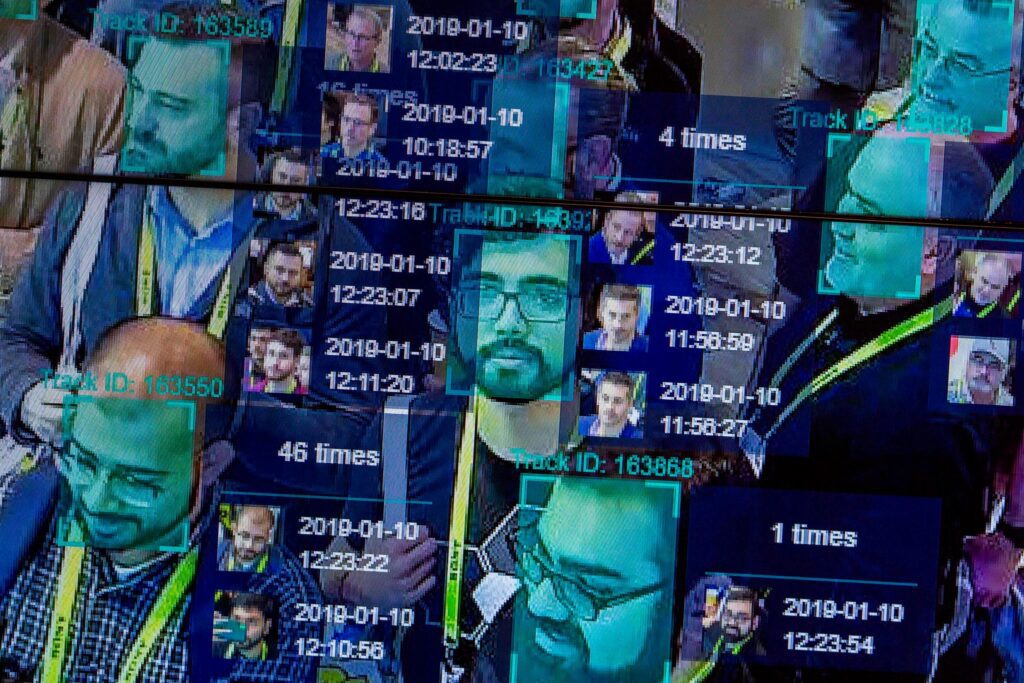
FAQs
What Led to Porcha Woodruff’s Wrongful Arrest?
Porcha Woodruff was wrongfully arrested due to a facial recognition match based on an outdated mug shot instead of a more recent photo from her driver’s license.
Other Cases of Wrongful Arrests in Detroit?
Yes, Robert Williams and Michael Oliver were also victims of wrongful arrests in Detroit due to misidentifications by facial recognition technology.
Are Certain Groups More Likely to be Misidentified?
Studies have consistently shown that facial recognition technology has a higher rate of misidentification among certain racial and ethnic groups. African American and Asian faces, for example, are more likely to be misidentified compared to White faces.
Implications of Wrongful Arrests?
Wrongful arrests have significant implications, including infringing upon individual rights, eroding public trust in law enforcement and technology, and calling for reform to ensure accurate and unbiased facial recognition systems.
Improving Accuracy of Facial Recognition Technology
Improving the accuracy of facial recognition technology requires prioritizing diverse datasets for training, constant testing and updating of the systems, and addressing any biases that may be embedded in the algorithms.
Conclusion
Porcha Woodruff’s wrongful arrest serves as a powerful reminder of the potential pitfalls of facial recognition technology. While advancements in AI have the potential to revolutionize various sectors, including law enforcement, it is crucial to approach the implementation of this technology with caution. The need for accurate, unbiased, and ethically sound facial recognition systems cannot be emphasized enough to ensure fairness, justice, and the protection of individual rights.
